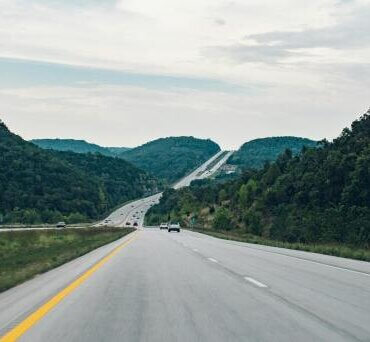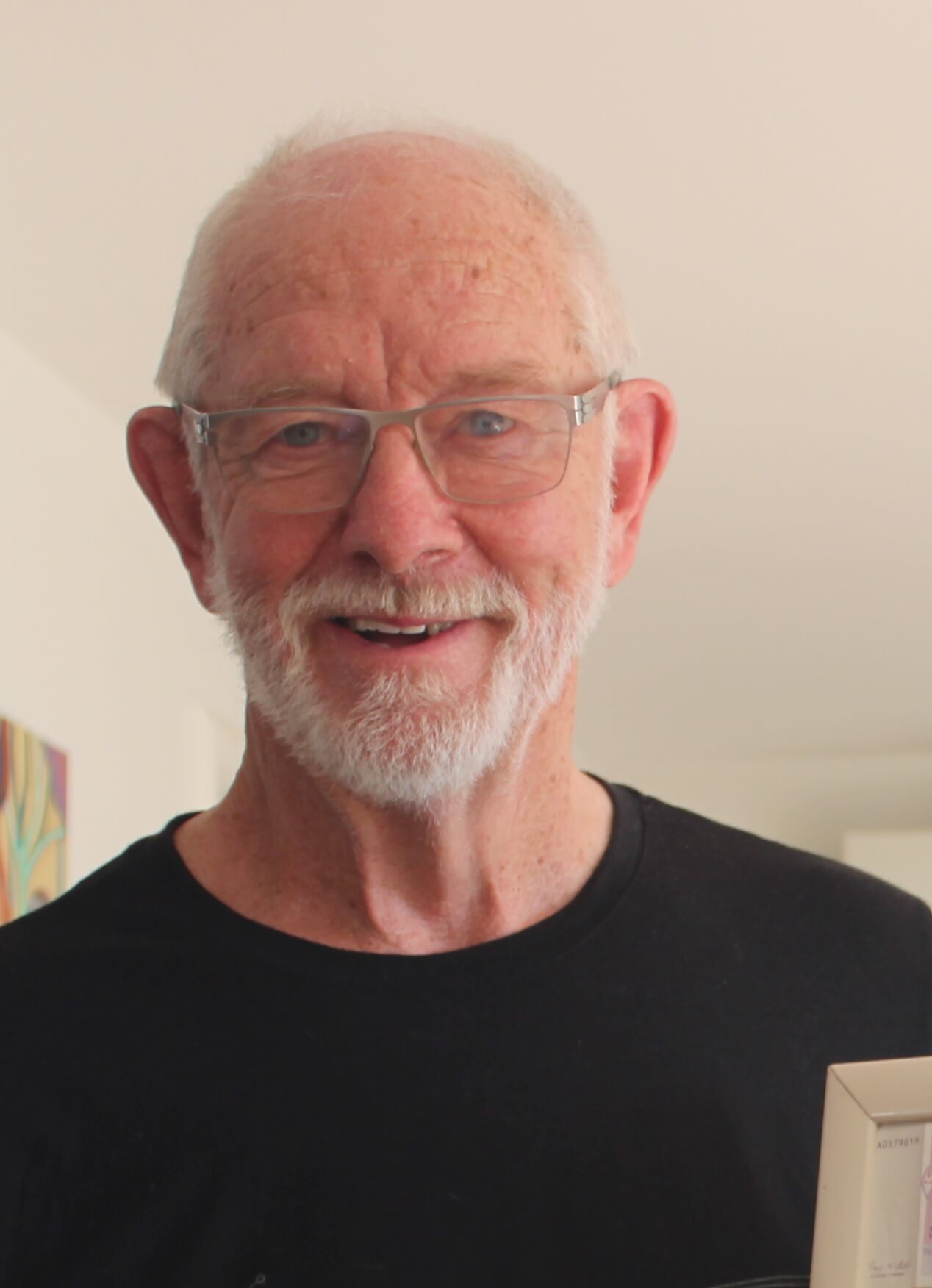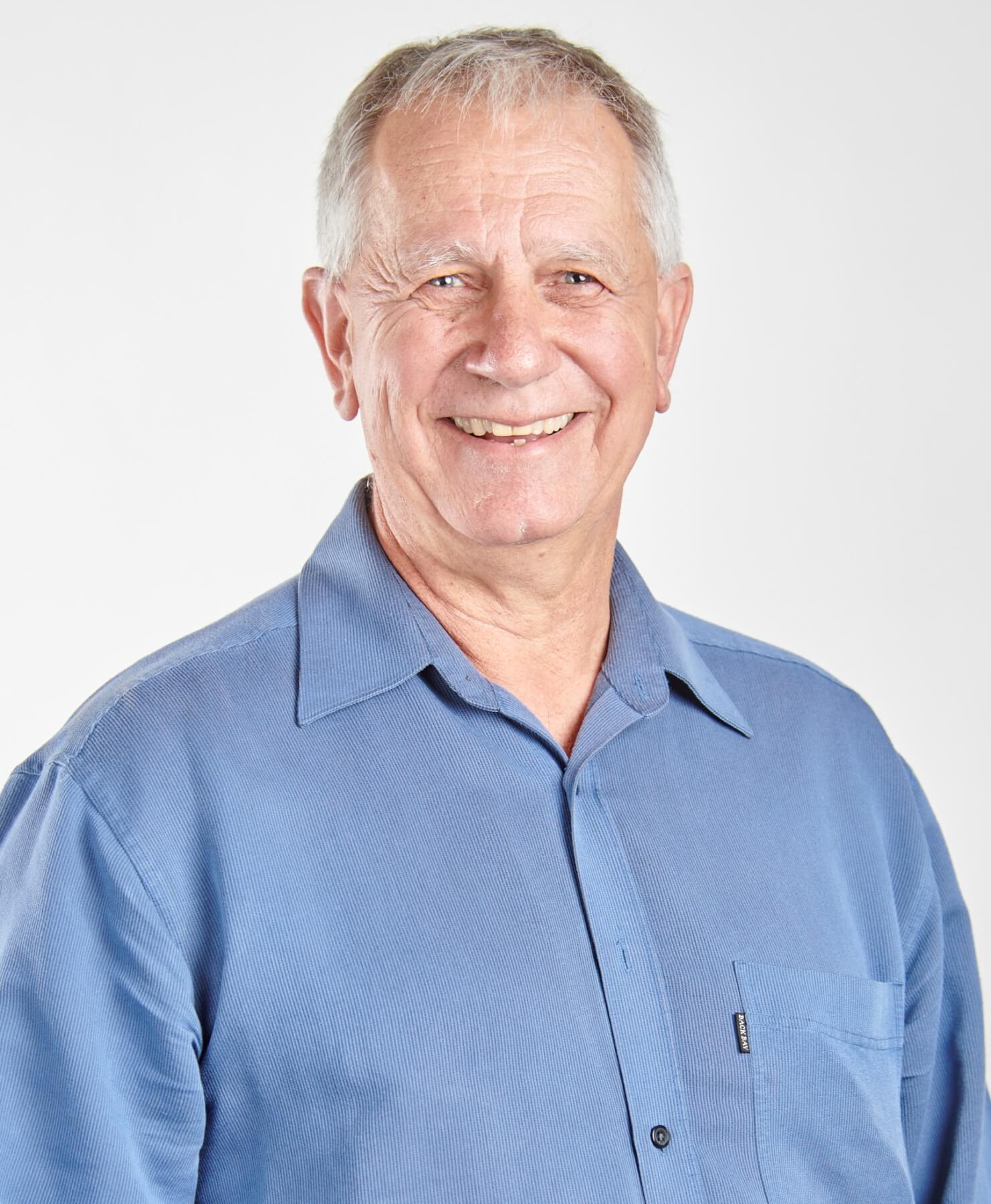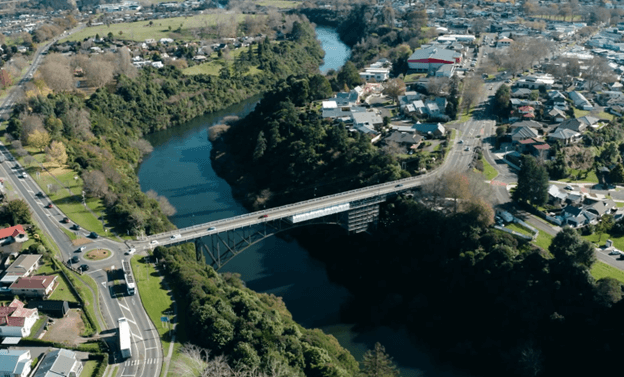
Two columns in The Cambridge News (January 18) drew attention to the massive problems facing New Zealand as a result of decades of short-term planning and under-funding of the county’s infrastructure at both the national and local levels.

Fred Cockram
Peter Nicholl in his economics column wrote of the infrastructure deficit and the false economy of delay. Mike Keir in his Waikato District Council commentary drew attention to the delays and cost overruns to major projects caused by divided responsibilities and bureaucratic processes. Both presented solid arguments for a new approach. If they expect their considered views to have much effect, I wish them well. They might live in hope rather than expectation.
I worked for rather more years than was good for my sanity in the Parliamentary press gallery and have been a close observer of governments since then. The views of Peter and Mike echo those expressed with depressing regularity over many decades.

Peter Nicholl
In the mid-1970s an organisation was established called the Commission for the Future. It was set up as a think-tank to examine the probable future of New Zealand on a longer term than that dictated by the three-year electoral cycle and slow bureaucratic processes. It had no powers but was expected to provide governments with forecasts and recommendations as a guide to the probable future needs of the country.
By 1979 it was producing papers backed by solid research and well-reasoned forecasting. Among the reports that year were papers on priorities for conservation, changes in international relations, resources and technology sustainability, preparations for the electronic age and education policies for the year 2000

Mike Keir
They are depressing to read in the year 2024. Such wasted opportunities.
The Commission for the Future stopped producing papers in 1982, partly because of the disapproval of Prime Minister Muldoon and, I suspect, the way their work disappeared into the files of the national archive never to be seen again or acted on.
In the late 1990s I was closely involved with two large infrastructure projects which failed to go ahead because of short-term thinking. Now, 25 years, later, both projects are again in the news.
The first is the recent announcement by the new government that it has ordered work to stop on new ferry terminals to cater for larger vessels on the inter-island run. Shortly before the turn of the millennium a plan was made to shift the southern terminal from Picton to Grassmere on the Marlborough coast.

This would reduce the road travel on trucks for the return journey between Wellington and Christchurch by around 60 kilometres with consequent savings in time and fuel. Much the same applied to freight travelling by train.
Other benefits were that the sea journey would take around two hours rather than three, meaning ships could make an extra return journey each day. A side benefit was that a north-south route would be generally more comfortable than the east-west route across Cook Strait with its strong currents. It would also have eased erosion concerns in the Marlborough Sounds with the prospect of larger vessels in the narrow waterways.
Land had been bought at Grassmere and the resource consent process was well advanced when it was decided the short-term costs outweighed the long-term benefits.
The second infrastructure project of the late 1990s which suffered much the same fate was the extension of Auckland’s rail network to the airport. Few probably now remember that we were within 48 hours of signing an agreement for construction. The venue was booked, the champaign was in the cooler and the tiny sandwiches had been ordered. In those days Auckland had a collection of local councils and at the last minute one decided to oppose the project. The whole thing collapsed.
At the time there was a considerable amount of empty land on the proposed route. Now it is solid housing and factories. The cost of land purchase alone, regardless of increases in construction costs, would be astronomically higher than 25 years ago. Aucklanders could have been enjoying an airport rail link for 20 years.
All of which brings me in a round-about way to a local issue which I see facing much the same problem in a few years’ time – the third Cambridge bridge.
Regardless of the arguments for or against going ahead with the bridge right now there is an issue that should be faced immediately. The bridge will be needed in time. Let’s identify a site and buy or covenant the land for the routes to link with the current roading system. At the rate Cambridge is expanding that opportunity will be gone in a few years.
Like Peter Nicholl and Mike Keir I live in hope.









